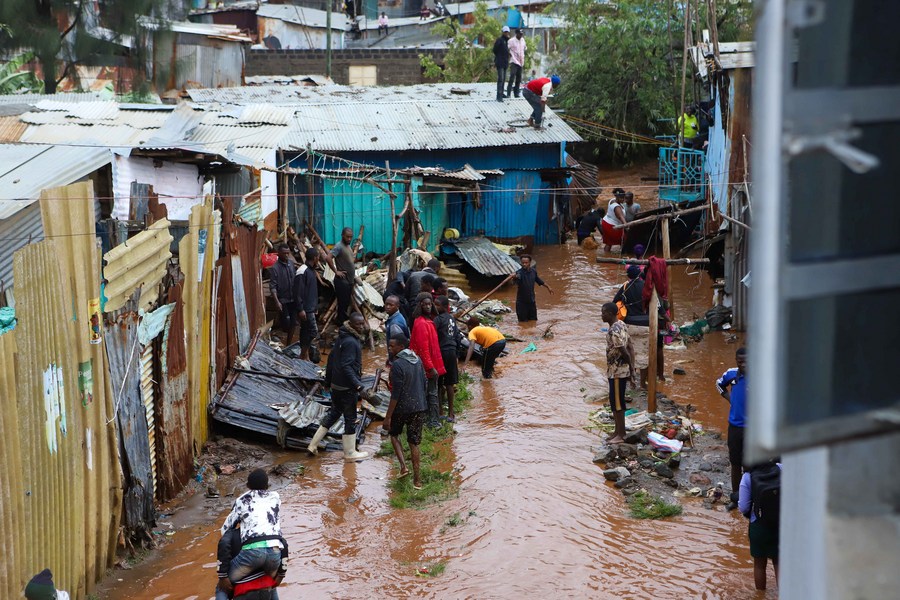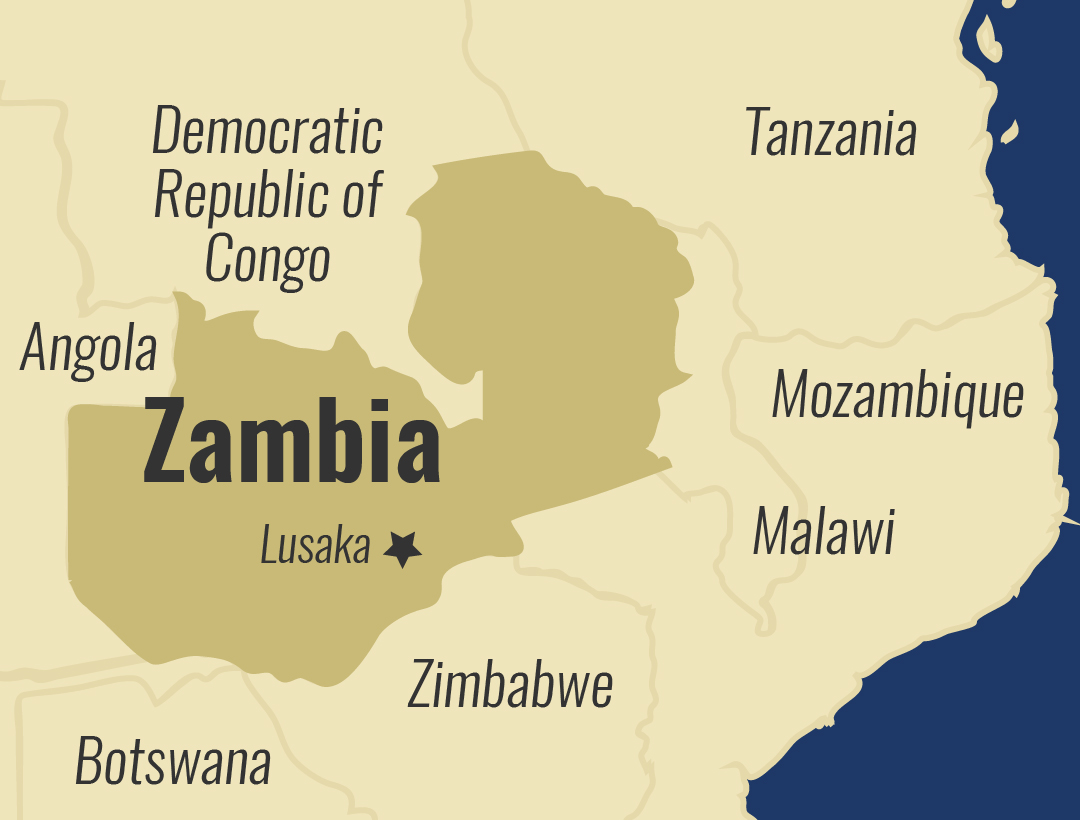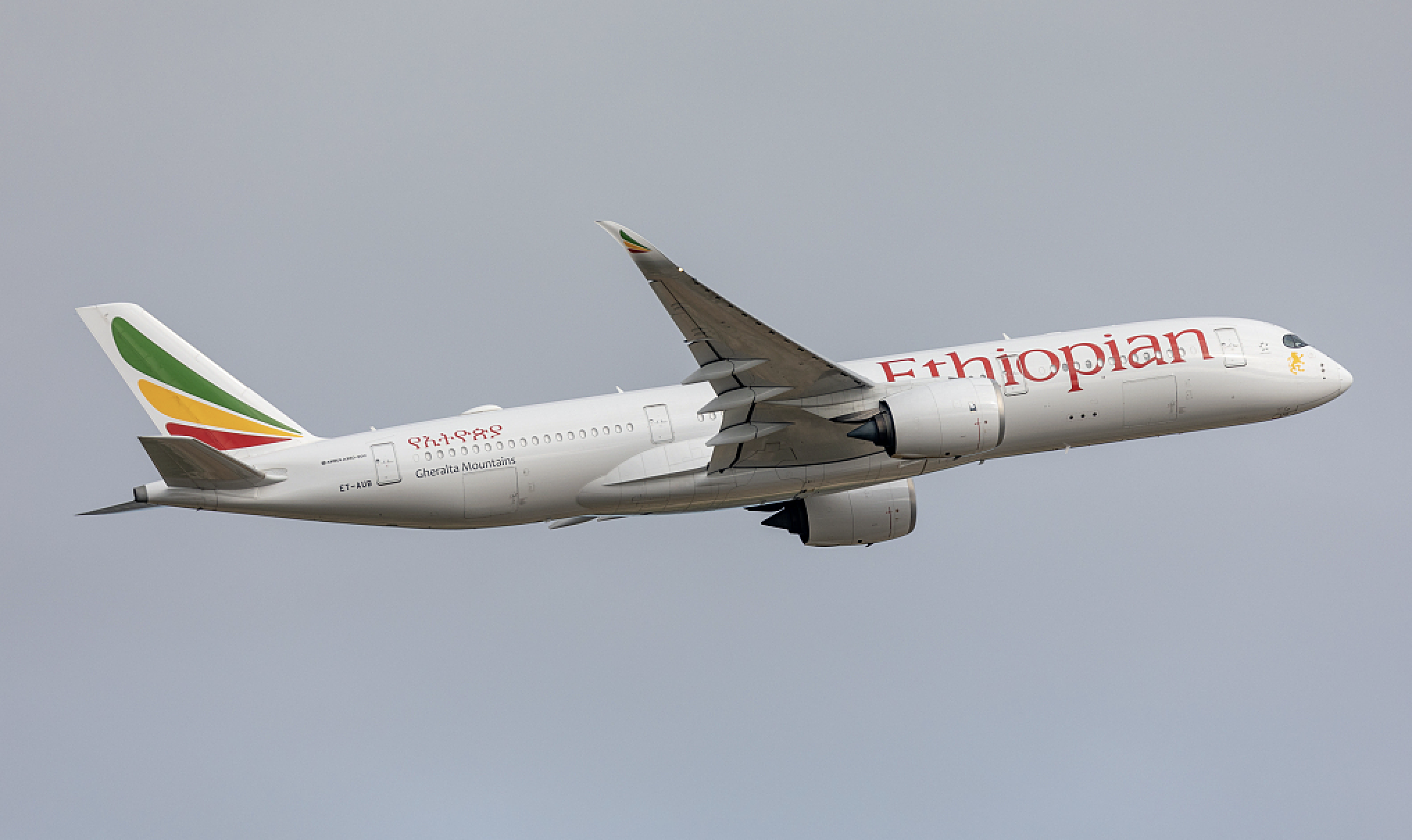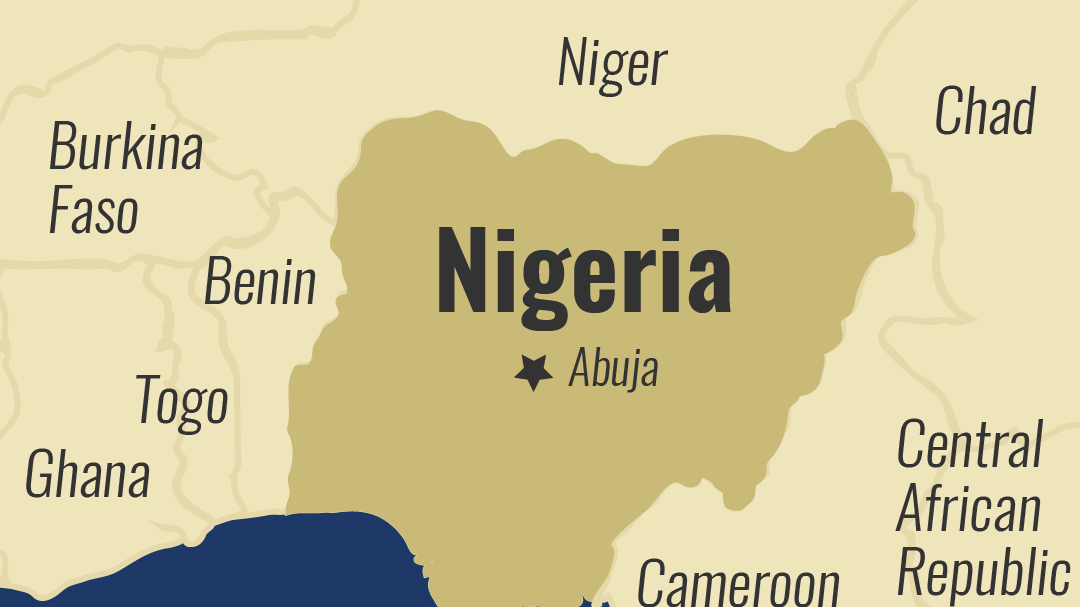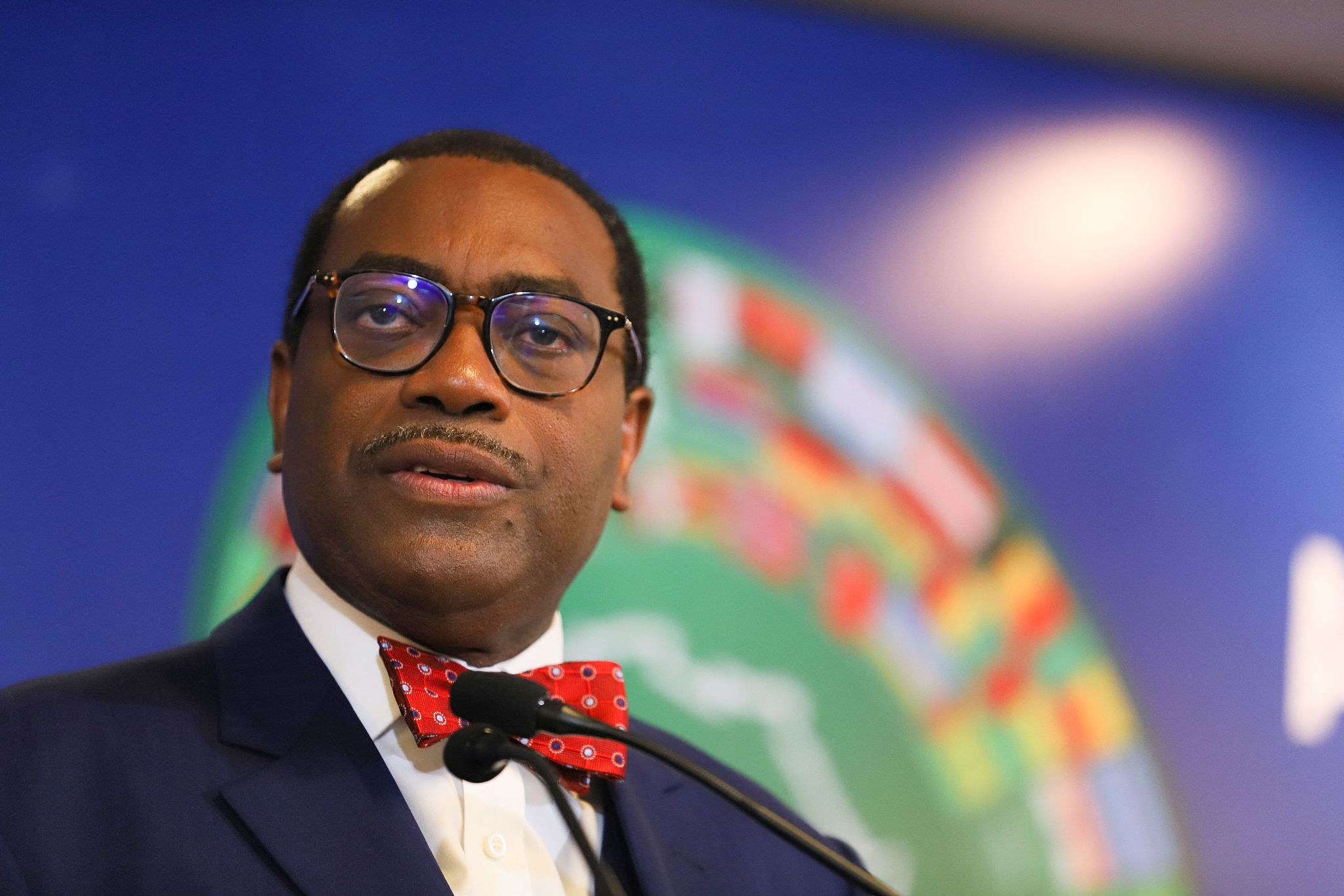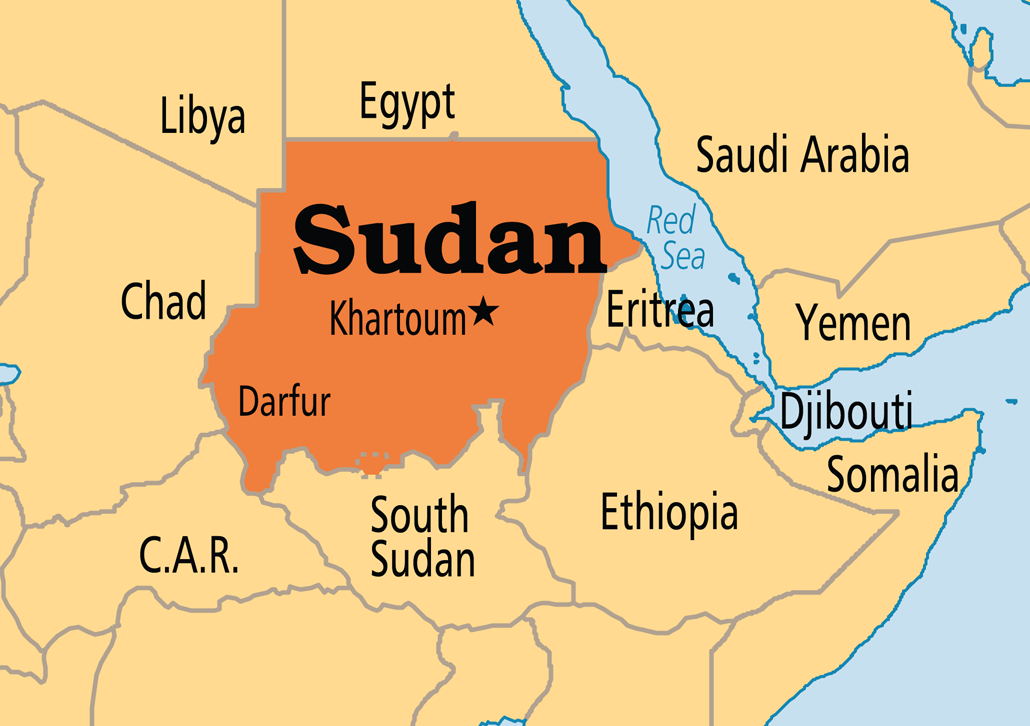
Sudan turns to Persian Gulf states in search for financial aid
Sudan’s new prime minister, Abdallah Hamdok says Sudan needs up to $8 billion in foreign aid in the next two years and another $2 billion deposited as reserves to shore up the local currency.

He and other leaders had been hoping that the United States would quickly remove Sudan from the US’ list of state sponsors of terrorism. Doing so would clear the way for loans from the International Monetary Fund and the World Bank. The U.S. began a formal process to de-list Sudan in January 2017, but this was put on hold when Sudan’s mass protests erupted last year. The uprising toppled Omar al-Bashir and eventually forced the military into a power-sharing agreement with civilians.
But Sudanese officials, speaking on condition of anonymity say the restrictions for aid placed by Western governments could weaken Sudan’s new civilian leaders, only three months after they were appointed.
The Sudanese officials say the U.S. and Europe have set conditions that include reaching a peace agreement with the country’s rebel groups, as well as addressing the role of Sudan’s security forces in the transition.
“The West has not taken any concrete steps to help the Sudanese,” said one official, a government minister. “What we see now are words but no actions. They are demanding things that might take years to address.”
Increasingly fed up with the slow response from the West, Sudan is now turning to wealthy Persian Gulf nations, Saudi Arabia and the United Arab Emirates, in particular, to secure the money to keep the government afloat.
Both Riyadh and Abu Dhabi vowed to provide $3 billion in aid following the Sudanese military’s overthrow of al-Bashir in April. At the time, many Sudanese protesters saw it as a bid to shore up military rule and stifle their pro-democracy movement.
Both countries are known for bankrolling military rulers in Egypt, Libya and, previously, Sudan.
The two monarchies have already delivered half of the $3 billion. The remaining half is expected to be delivered by the end of next year, said Sudan’s Finance Minister Ibrahim Elbadawi.
Elbadawi told reporters in Khartoum last week that Hamdok would travel to the U.S. “soon” to meet with Congress leaders and other U.S. officials in efforts to end the designation and unlock more money from other international sources.
But the White House announced last week that “actions and policies” that led Washington to impose sanctions on Sudan “have not been resolved” and “continue to pose an unusual and extraordinary threat to the national security and foreign policy of the United States.”
Sudan’s economy suffers from high inflation, an enormous foreign debt at close to $60 billion, and widespread shortages of essential goods, including fuel, bread and medicine.


